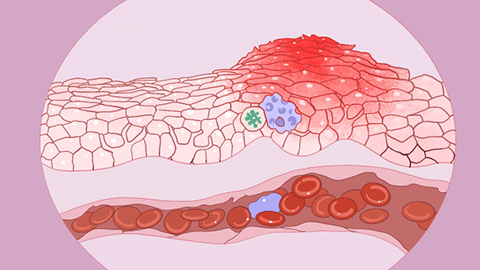Is intravenous therapy effective for gallstones?
Generally, intravenous fluid administration (IV infusion) can be helpful when gallstones trigger acute inflammation such as cholecystitis; however, IV infusion cannot eliminate already-formed stones and is ineffective for asymptomatic gallstones. If discomfort occurs, it is recommended to seek medical advice promptly. Detailed analysis is as follows:

When gallstones block bile ducts or irritate the gallbladder causing acute inflammation—accompanied by symptoms such as abdominal pain, fever, and nausea—IV infusion can help control infection through the delivery of antibiotics, replenish fluids and electrolytes to correct bodily imbalances caused by inflammation, and include antispasmodic medications to relieve pain from gallbladder spasms, thereby alleviating discomfort during the acute phase.
If gallstones are asymptomatic or only cause mild bloating, IV infusion cannot dissolve or expel the stones and does not address the underlying condition. Even after inflammation has resolved, IV therapy cannot prevent future complications from recurring stones. In such cases, treatment should be determined based on stone size, number, and other factors under medical guidance, such as medication for stone dissolution or surgical intervention. Relying solely on IV infusions cannot resolve the root problem.
When symptoms of gallstones appear, do not self-assess whether IV infusion is needed; instead, seek medical evaluation to clarify the condition. After treatment, regular follow-up examinations of the gallbladder are necessary to monitor changes in the stones. Additionally, maintaining a light diet can help reduce the risk of inflammation triggered by gallstones.






